The authors of a 2018 nanoscience paper have retracted the article after three doctoral students highlighted a problem with its methods.
The 2018 study attracted media attention for suggesting that nanospears, microscopic structures similar to splinters, may be useful in delivering gene therapies.
Paul Weiss, a nanoscientist and a corresponding author of the paper, announced the retraction on Twitter April 5, the same day the retraction notice appeared. Weiss holds several academic positions, including Presidential Chair of Chemistry and Distinguished Professor of Chemistry and Biochemistry at the University of California, Los Angeles (UCLA).
Continue reading Prominent nanoscientist retracts paper after PhD students flagged error

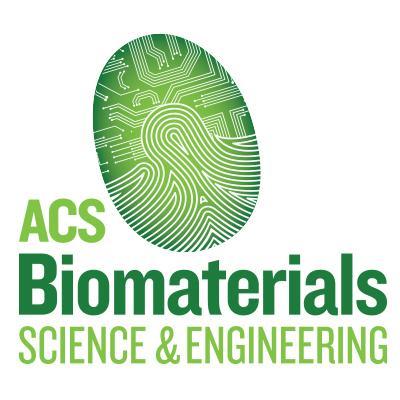 A chemistry journal has retracted a nanoparticle paper following heavy outcry from readers, who
A chemistry journal has retracted a nanoparticle paper following heavy outcry from readers, who 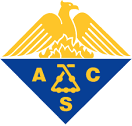


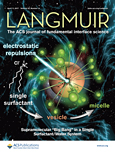 Despite a university’s attempts to avoid discussing a misconduct investigation involving one of its former (and prominent) researchers, we keep reading more about it.
Despite a university’s attempts to avoid discussing a misconduct investigation involving one of its former (and prominent) researchers, we keep reading more about it. Several years ago, a group of four chemists believed they had stumbled upon evidence that contradicted a fairly well-established model in fluid dynamics.
Several years ago, a group of four chemists believed they had stumbled upon evidence that contradicted a fairly well-established model in fluid dynamics.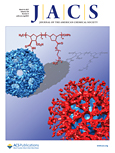
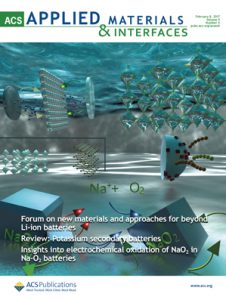 Researchers have retracted two 2016 papers from the same journal which were published without the permission of the supervising scientists.
Researchers have retracted two 2016 papers from the same journal which were published without the permission of the supervising scientists.